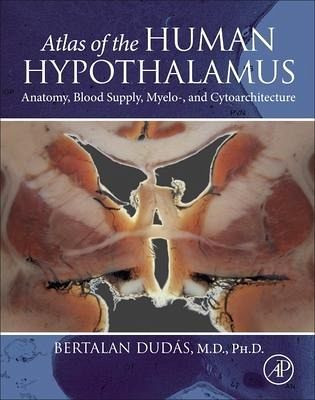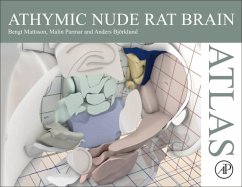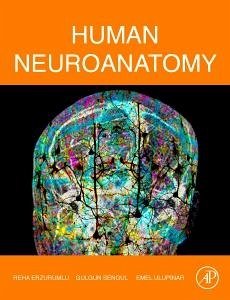
Atlas of the Human Hypothalamus
Anatomy, Blood Supply, Myelo-, and Cytoarchitecture
Versandkostenfrei!
Versandfertig in über 4 Wochen
178,99 €
inkl. MwSt.

PAYBACK Punkte
89 °P sammeln!
The Atlas of the Human Hypothalamus presents for the first time a detailed view of the cyto- and myeloarchitecture of the human hypothalamus. Providing high-resolution images of consecutive coronal sections, this book illustrates the brain area that is responsible for maintaining the homeostasis of the body by direct neuronal projections as well as by linking the central nervous system to the endocrine system. The primary goal of this atlas is to provide detailed morphological understanding of the hypothalamic structures that control numerous vital functions as well as to provide a tool to tar...
The Atlas of the Human Hypothalamus presents for the first time a detailed view of the cyto- and myeloarchitecture of the human hypothalamus. Providing high-resolution images of consecutive coronal sections, this book illustrates the brain area that is responsible for maintaining the homeostasis of the body by direct neuronal projections as well as by linking the central nervous system to the endocrine system. The primary goal of this atlas is to provide detailed morphological understanding of the hypothalamic structures that control numerous vital functions as well as to provide a tool to target hypothalamic areas during deep brain stimulation.












